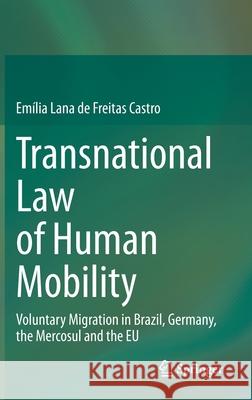Transnational Law of Human Mobility: Voluntary Migration in Brazil, Germany, the Mercosul and the Eu » książka
topmenu
Transnational Law of Human Mobility: Voluntary Migration in Brazil, Germany, the Mercosul and the Eu
ISBN-13: 9783030466077 / Angielski / Twarda / 2020 / 242 str.
Transnational Law of Human Mobility: Voluntary Migration in Brazil, Germany, the Mercosul and the Eu
ISBN-13: 9783030466077 / Angielski / Twarda / 2020 / 242 str.
cena 401,58
(netto: 382,46 VAT: 5%)
Najniższa cena z 30 dni: 385,52
(netto: 382,46 VAT: 5%)
Najniższa cena z 30 dni: 385,52
Termin realizacji zamówienia:
ok. 22 dni roboczych
Dostawa w 2026 r.
ok. 22 dni roboczych
Dostawa w 2026 r.
Darmowa dostawa!
Kategorie:
Kategorie BISAC:
Wydawca:
Springer
Język:
Angielski
ISBN-13:
9783030466077
Rok wydania:
2020
Wydanie:
2020
Ilość stron:
242
Waga:
0.53 kg
Wymiary:
23.39 x 15.6 x 1.6
Oprawa:
Twarda
Wolumenów:
01
Dodatkowe informacje:
Wydanie ilustrowane











